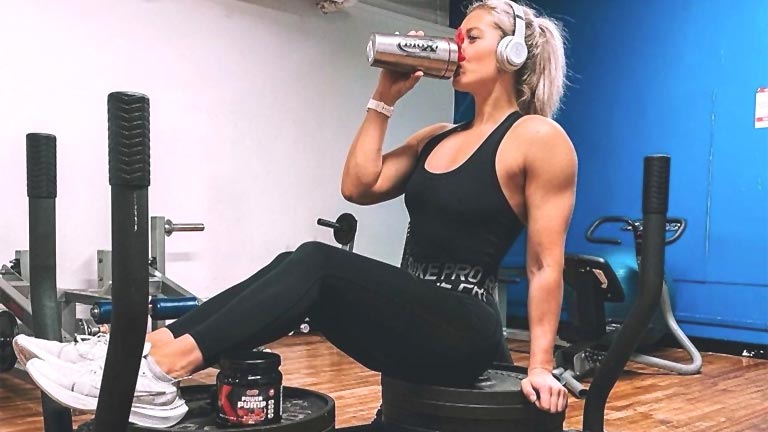
Protein is crucial for our wellbeing and health. It’s excellent news for folks attempting to lose weight as this slow-burning vitamin keeps you feeling full longer because it takes longer to digest. It also works wonders for your muscles, assisting your body in developing and maintaining them.
The body’s tissues are built and repaired with the help of proteins. They are also crucial for the creation of enzymes, hormones, and red blood cells.
Animal proteins have the highest “bioavailability.”
This indicates that the proteins you obtain from animal products are the easiest for your body to absorb and utilize. For instance, compared to the same amount of protein from plant sources, 20 grams of protein from eggs packs a bigger protein punch. This is not to say that protein can’t be obtained from non-animal sources. It simply implies that your body can more efficiently utilize protein from animal sources,
46 to 56 grams daily on average
Depending on your general health and amount of exercise, between 10 and 35% of your daily calories should come from protein. The typical healthy adult ought to have. 8–1.0 g of protein per kilogram per day. This suggests that a 150-pound woman should aim for 54 to 68 grams of protein in the diet each day. Additionally, it’s better to have a constant quantity of protein throughout the day than to overindulge in one meal and skip others. Your body enjoys routines, especially when it comes to protein consumption.
Try alternative sources of protein than animal sources.
Legumes (dry beans and peas), quinoa, almonds, seeds, and soy products like tofu, tempeh, and edamame are additional excellent sources of alternative protein in the diet.
Keep whey protein powder in mind.
Protein powder is excellent if you don’t like other protein-rich foods, especially if you’re on the move. To prevent gaining weight, take care not to use protein powder in addition to a meal. Use it as a fast meal replacement or as a post-workout recovery drink on its own.
Concentrate on “the fundamentals”
Essential and non-essential amino acids are the building blocks of protein. A supply of protein that meets the human body’s requirements for all nine essential amino acids is said to be complete.
A complete protein not only has all the necessary amino acids but also includes them in precisely the right amounts for biological activity. Lean meat, egg whites, soy, and whey (dairy sources) are excellent examples.




